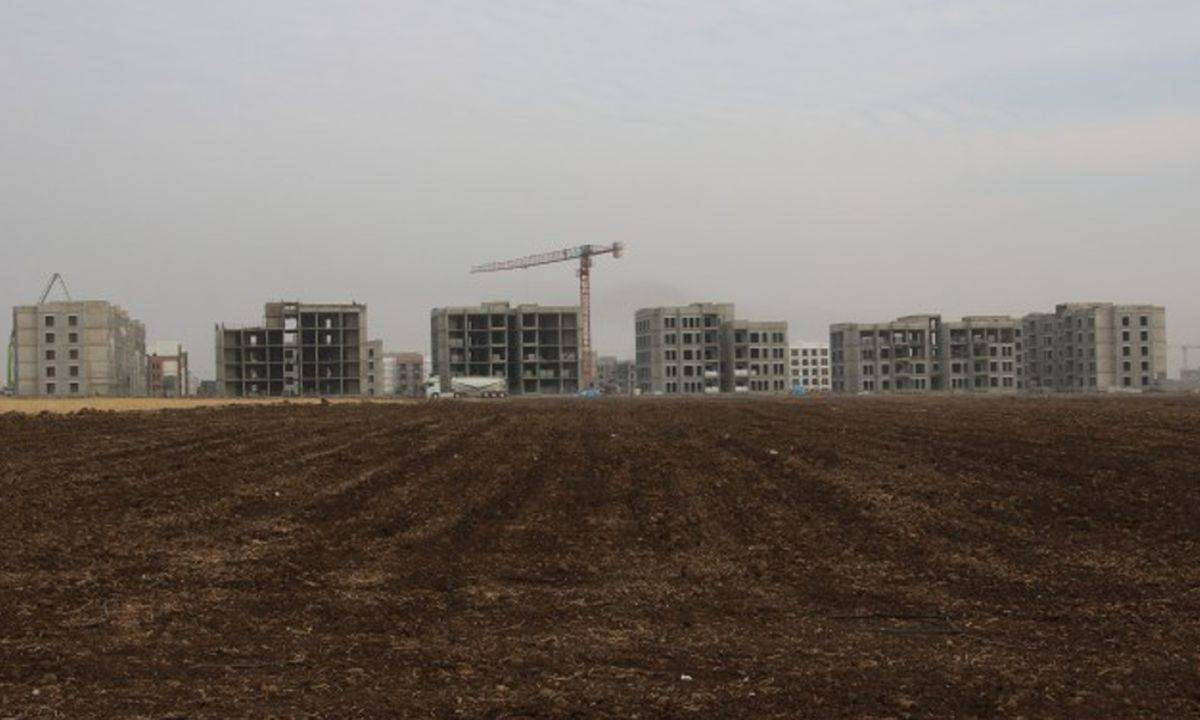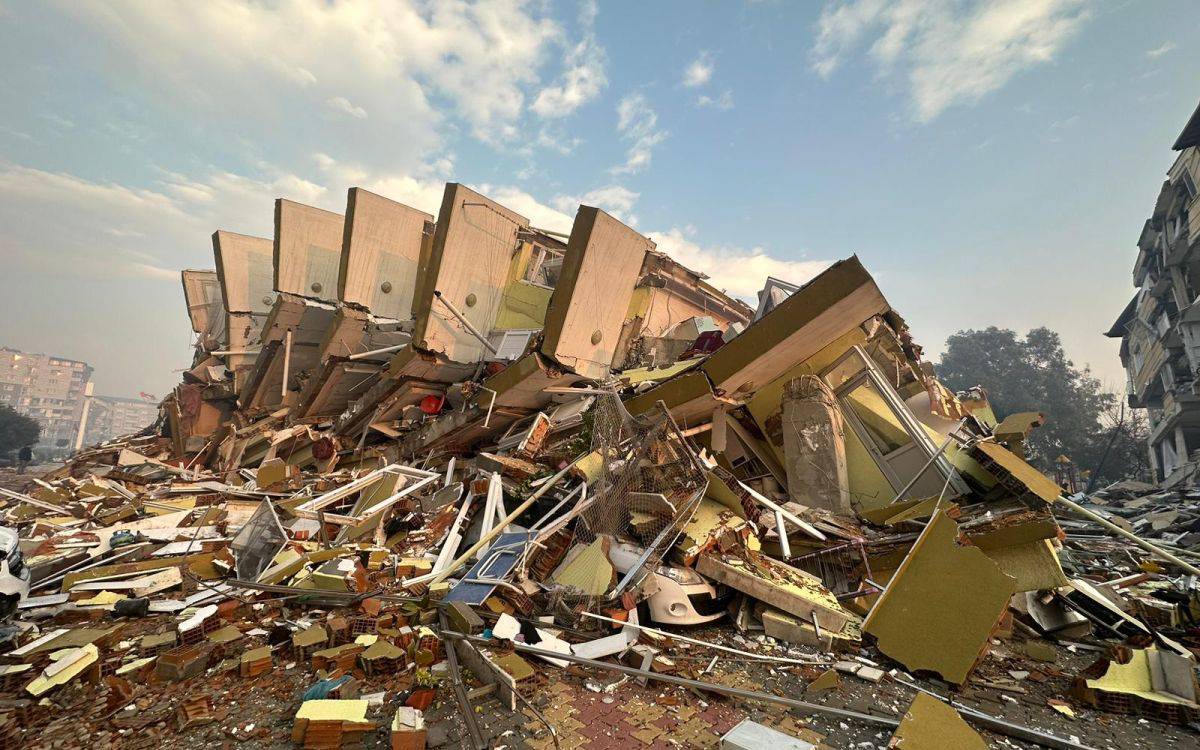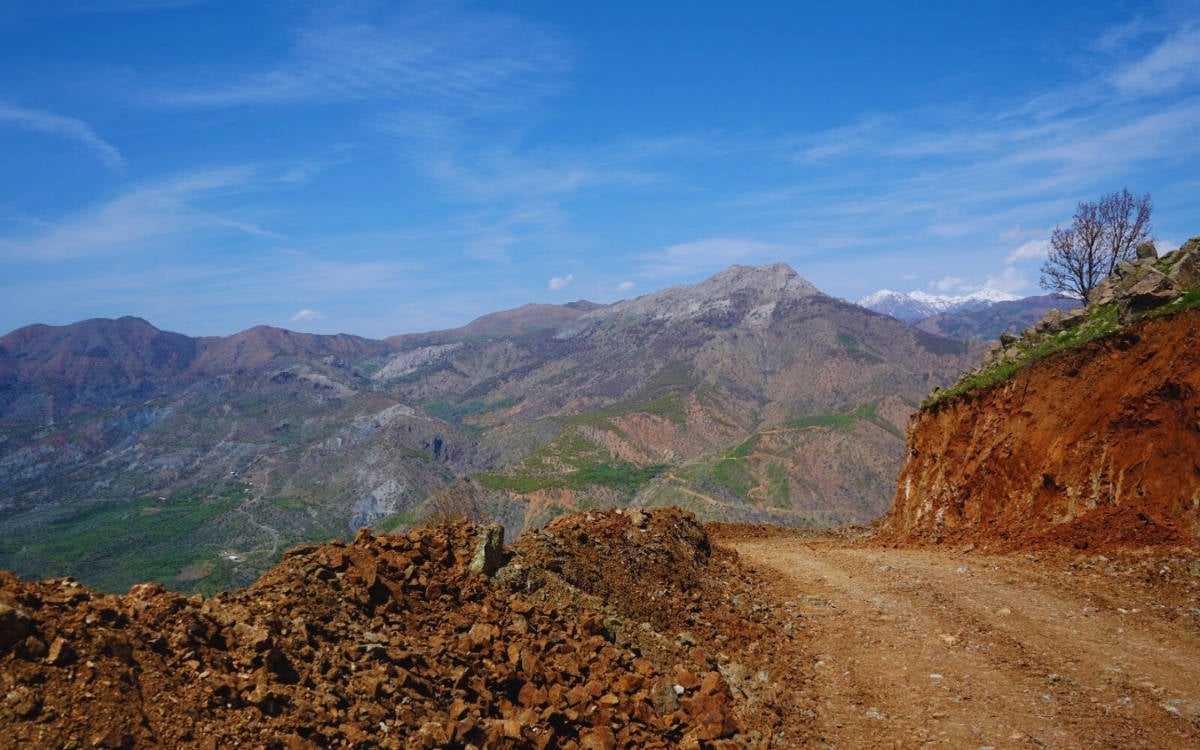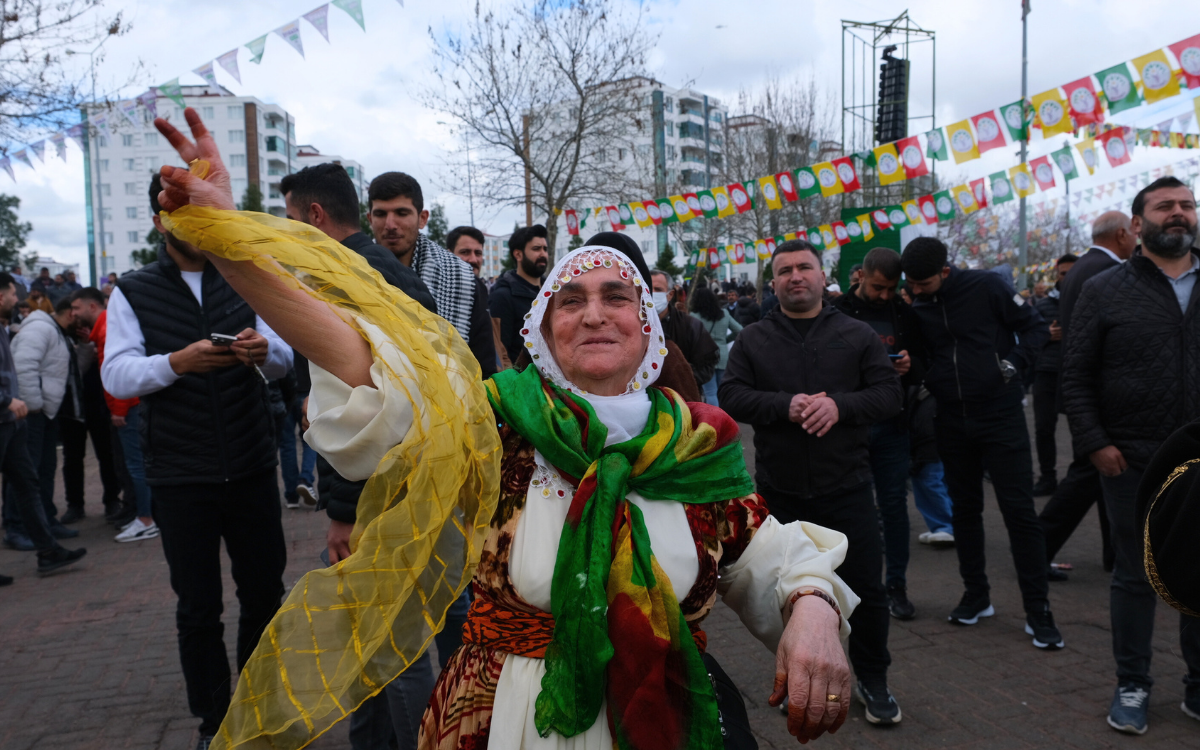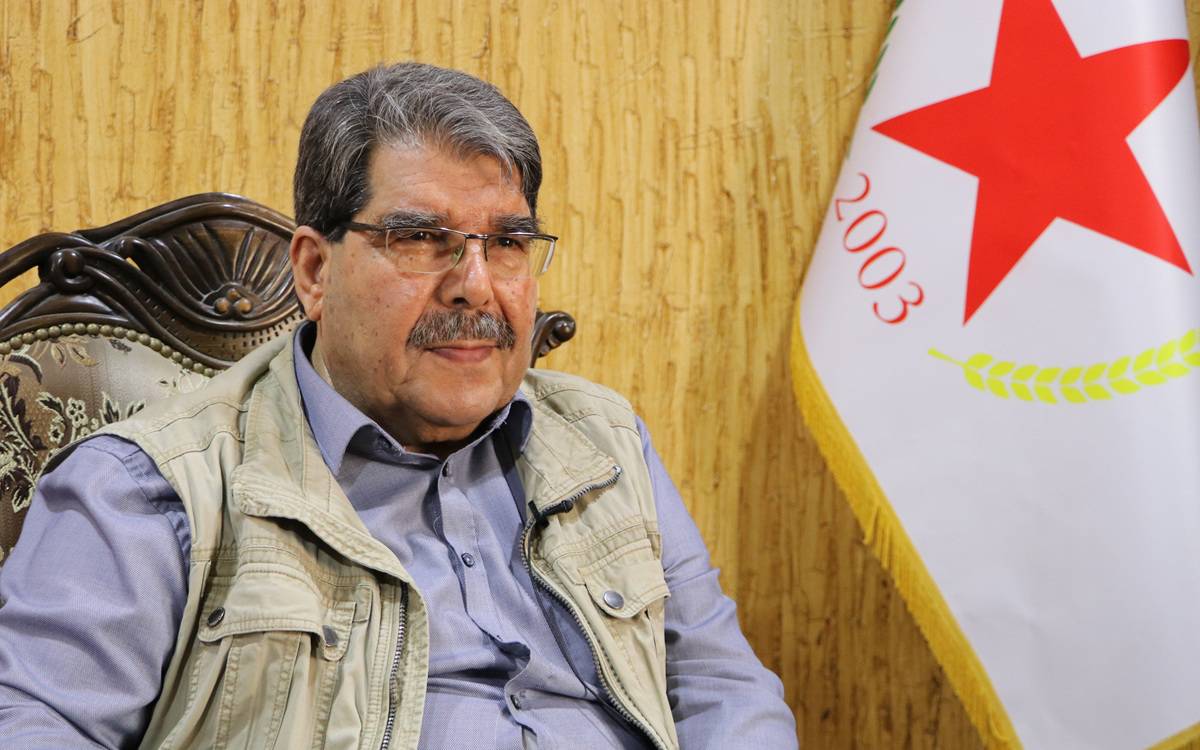In the aftermath of the February 6 earthquakes, it has been announced that a total of 6,887 disaster houses will be built in Diyarbakır's Oğlaklı Neighborhood, with 6,278 in the neighborhood and 609 in the villages. According to the Disaster and Emergency Management Authority (AFAD) affiliated with the Ministry of Interior, a total of "19,853 ownership" applications have been received.
Despite claims that the earthquake houses will be constructed taking into account the cultural, sociological, and demographic structures and needs of the cities, previous experiences in Diyarbakır, such as the Sur, Bağlar, and Fiskaya processes, tell a different story.
The burden on women
Women affected by the earthquake bear the entire burden of the relocation process, experiencing social and economic impacts. They move away from the neighborhoods where they were born and raised. The following lines from the article "The Street Inside the House, the House Inside the Street," written by Funda Şenol Cantek, Çağla Ünlütürk Ulutaş, and Sermin Çakmak, indicate that the displacement and the process of searching for a new home in the region are also a struggle against patriarchy:
"The doorstep, balcony, surroundings of the house, or the window front are intermediate spaces where the control imposed by patriarchal and conservative culture on the house and the female body, within the framework of privacy, can be partially loosened. In spaces that provide opportunities for both inside and outside living, shaped by patriarchal and religious norms in conditions of poverty, the daily lives of women pass."
We interviewed Hamide Ayaz, whose house collapsed in the conflicts in Sur, Sociologist Mihriban İlbaş, and Selma Aslan, Co-Chair of the Diyarbakır Branch of the Chamber of Architects, about the earthquake houses undertaken by TOKİ and their impact on women's lives.
Life amidst constant change
Hamide Ayaz had to move to Bağlar after her house in Sur collapsed during the conflict in Sur. Ayaz, who managed to buy a house through installments and debts for seven years, had to move to another building as a tenant after her house was determined to have severe damage due to the February earthquakes. She is now waiting for the completion of the TOKİ earthquake houses under construction in Diyarbakır.
Ayaz shares her story: "We moved to Sur when I was a child. I got married there, gave birth to my children there. Our house collapsed during the Sur events, and they built concrete structures in its place. We had to move from there. In Bağlar, we had acquaintances, and we managed to buy a house with great difficulty. However, it suffered severe damage in the earthquake. After the earthquake, we stayed in a container city for a while, but the conditions there were very harsh. We found a house and moved, and now we are waiting for the TOKİ [Housing Development Agency] houses."
"Forced to live among concrete until death"
Ayaz expresses how she has been forced to change homes repeatedly throughout her life: "When I was a child, our village was burned, so we moved. Then I got used to it, I had friends there. We, the women in the neighborhood, used to go to Hevsel or the Tigris River to breathe. Then we moved to a building in Bağlar, but there was a neighborhood culture. But now, living so far from the city in TOKİ houses scares me. My husband's father is very old and has difficulty walking. With his care, I have nothing else to do outside the house. Those places are very unfamiliar to us; if we had a village, we would move there. Everything about my family, my children, is gone. Now we have to live unhappily among those concrete blocks until we die."
Challenges of living in TOKİ houses
Sociologist Mihriban İlbaş, working at the Association of the State of Women, explains that TOKİ affects every individual in society and especially women in various ways, economically, socially, and psychologically: "TOKİ mostly covers housing needs during disaster periods or manages urban transformation processes. In such cases, women who already live in poverty are expected to allocate a budget to own a house again, their property is taken away from them, and they are gradually impoverished. Women, despite having title deeds, face the risk of becoming propertyless when they cannot pay their installments. Women are squeezed into a narrow space by destroying their social environments and peer/friend relationships. Moreover, TOKİ houses are different from familiar neighborhoods where families feel safe. The malfunctioning of TOKİ's facilities and the lack of any security mechanisms make women feel unsafe."
Patriarchal property relations
İlbaş, pointing out that cities are not designed to be women-friendly when looking at urban planning, continues: "This situation leads to social inequality for women in terms of property in cities. Women in Kurdish cities, when displaced, always struggle to build life, influenced by gender roles, and their daily life experiences progress through survival and production. In the process of displacement, women take on tasks such as finding a house, moving, and settling, and all applications to administrative institutions are made by women, subjecting them to secondary oppression due to their gender. Being single, widowed, old, or divorced is another reason for exposure to further oppression. Unequal patriarchal property relations always pose a danger of homelessness for women. Considering that spatial accessibility is also sexist, it is seen that women need to live in safe areas. The problem of women's homelessness must be solved."
TOKİ: Another form of trauma
Selma Aslan, Co-Chair of the Diyarbakır Branch of the Chamber of Architects, mentions that the buildings to be constructed in Diyarbakır with severe damage and demolitions after the earthquake are areas where people hastily settled due to village evacuations in the 1990s. Aslan points out that all the structures built by TOKİ in urban transformation before and after the earthquake are outside the city. She continues: "TOKİ is a structuring that affects everyone, women, children, the elderly, men—in fact, everyone displaced. Considering the conditions of the Kurdish cities, these people experienced trauma upon trauma. Especially women, whose social life is limited, are constantly displaced, and their social lives change in TOKİ houses, which are structures far from the neighborhoods they were born, grew up in, and knew. We can say that TOKİ houses are another form of creating trauma. If the studies of sociologists or psychologists in this regard are examined, it is evident that there is serious damage."
(ED/AÖ/VK)






